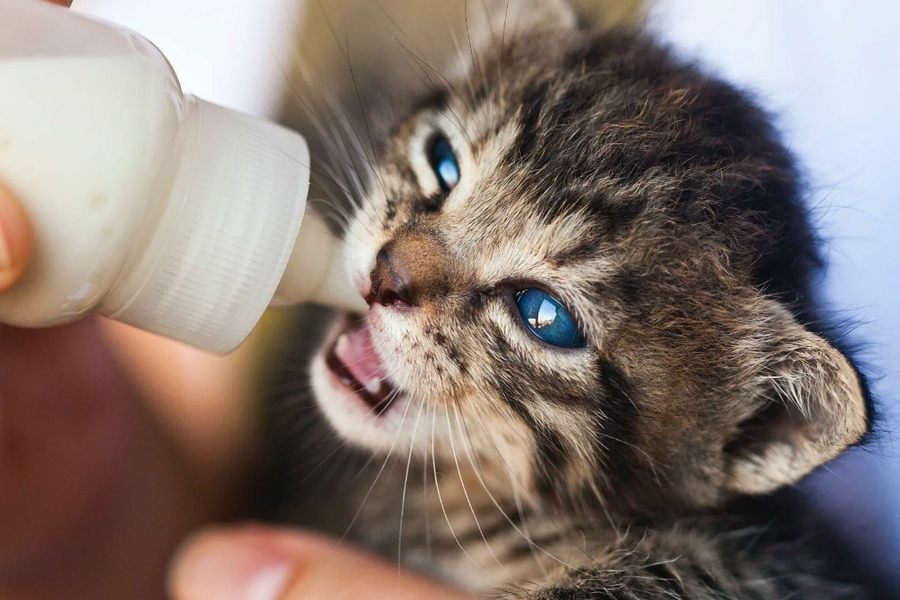If you’re trying to find a kitten milk replacer, you have several options. Let’s take a look at the pros and cons of each. Which is best for your kitten? And how can you find the best milk replacer for your kitten? Read on to find out! And be sure to read the ingredients label!
PetLac
Live, naturally occurring microbes and FOS are both present in this Kitten Milk Replacement. The recipe has necessary protein, carbohydrate, calorie, and vitamin content. It is a great option for nursing and orphaned cats as well. Cats that aren’t giving milk can also be given this substance. It’s a sensible option for nursing cats because of its natural ingredients and simplicity of usage. Probiotics and prebiotics, which are advantageous for a developing digestive system, are also included in the premium mix. This item is easily accessible and reasonably priced.
Hartz
You might be unsure of how to correctly prepare Hartz kitten milk replacer while trying to feed a kitten. While kitten milk is not a sufficient source of nutrients, this formula is designed precisely to resemble mother’s milk. For the first six weeks, it includes the right amount of minerals to help growth and development. To ensure that your cat receives the nutrients from mother’s milk, you can feed her Hartz while she is still pregnant. Hartz powder can be mixed with water at room temperature and mixed into the pet bottle for your kitten. It is also perfectly sized for a kitten’s small mouth.
Unlike most commercial brands of cat milk, Hartz offers several benefits to your kitten. First of all, it contains a high amount of vitamin C, calcium, and phosphorus. It is beneficial for cats of all ages and breeds. It also has antioxidants and vitamins. Moreover, it is free from taurine, so your cat can use it even when it’s nursing. In addition to this, it is recommended for nursing or senior cats.
Esbilac
The new Petag notice on their website warns consumers that their pet milk replacement product contains more copper than what’s allowed on the label. In fact, it has 17.6% fiber when the label says 0% crude fiber. Although Petag does test all of its products before they leave the factory, the product may be exposed to high temperatures during shipping. This could lead to diarrhea and even organ failure. Additionally, excessive amounts of copper can lead to dehydration, emaciation, and other health problems. As such, we are urging consumers to stop using this product until we can find out whether it contains copper. Look for reliable veterinary consumables today.

Cyclist, feminist, drummer, reclaimed wood collector and critical graphic designer. Making at the sweet spot between art and purpose to save the world from bad design. Nothing ventured, nothing gained.
